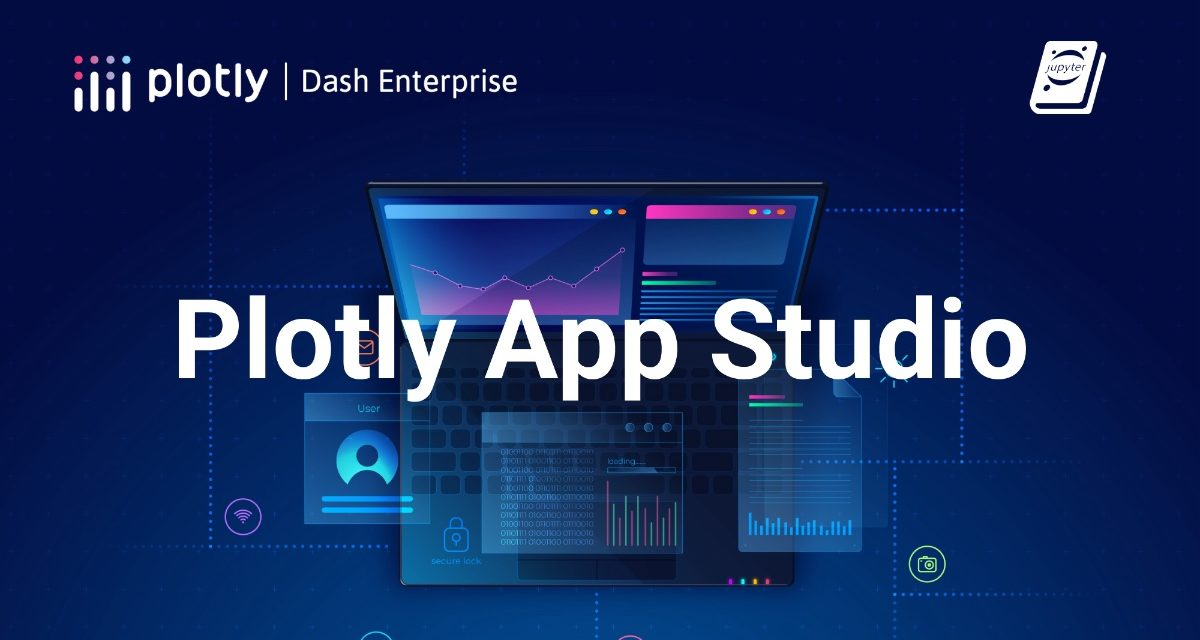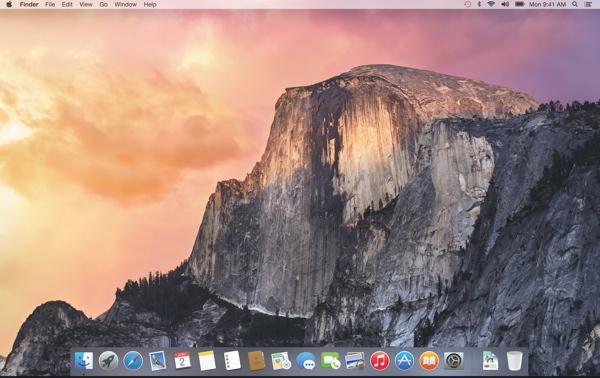Plotly has released details about Plotly App Studio, a tool designed to simply data app development.
The company says it empowers data teams to autogenerate and share interactive data applications using their Jupyter Notebooks and Python scripts with a new visual app editor. Plotly App Studio will be available as a Technology Preview in December 2023.
The product development is spearheaded by the company’s co-founder Chris Parmer, the creative force behind Dash, the Python-based, low-code data app development framework, with over two million monthly downloads globally.
Plotly App Studio joins the existing suite of low-code features offered in Dash Enterprise, including Design Kit, Snapshot Engine, and Dashboard Engine. Parmer says the new offering takes Plotly’s low-code mission further by making it even easier for teams to create production-ready data apps quickly without prior Dash knowledge. He adds that Plotly App Studio provides:
- Autogenerated, editable layouts: Plotly App Studio creates fully functional data apps populated by data and graphs from a Python script or Jupyter Notebook. Moreover, the built-in visual editor enables users to easily incorporate UI/UX best practices and modify layout configurations such as size, position, and text.
- Rapid prototyping: A “Sync” button in Plotly App Studio enables changes made in Jupyter Notebooks or Python scripts to be instantly reflected in data apps. Thus, data scientists can iterate and respond quickly to evolving business requirements while staying within the familiar Jupyter environment.
- Reactivity: An innovative new reactive programming API enables interactivity within the application, including filtering and model parameterization. Data scientists can build interactive UI elements and widgets into their data apps by adding a single line of code to their scripts and notebooks.
To explore Plotly App Studio and learn more about Dash Enterprise 5.2, reserve your spot for the upcoming global product celebration.
Article provided with permission from AppleWorld.Today



